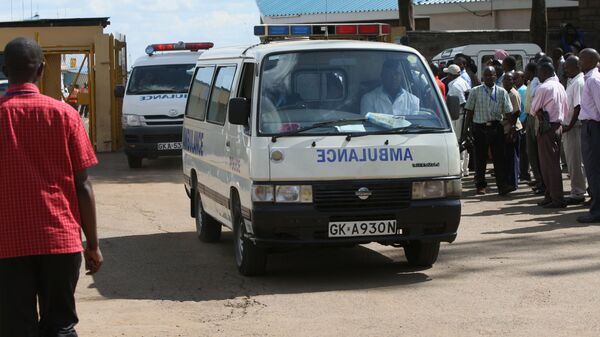According to the plan, the Africa Economic Zone Pearl River will focus on developing agro-processing, high-tech, furniture, textiles, machinery and construction, with the aim of attracting Chinese investment in building factories in Kenya.
The new special economic zone is more than just a magnet for investment. It actually points to a pragmatic approach for Africa's economic development, which can not only make use of local labor resources, but can also solve the problem for businesses of weak infrastructure.
In the past, some African economies completely copied the economic model of Western countries and strived to develop the same industries. But such an approach proved to be misguided. It turns out that African countries should not blindly follow developed countries' experience, and should take their own characteristics into account. With sufficient capital and relatively small labor forces, developed countries have comparative advantages in capital-intensive industries. By contrast, developing countries are more likely to have advantages in labor-intensive or resource-intensive industries. To realize the transformation from an agricultural economy to a modern industrial economy, developing countries must start by developing labor-intensive industries, giving full play to their comparative advantages.
This rule also applies to African countries, which are facing a "once-in-a-lifetime" opportunity. After nearly four decades of reform and opening-up, the Chinese economy has seen unprecedented success, with continuous improvements in the country's income level, technological achievements and capital intensity. All these point to an inevitable trend for economic transformation, which requires labor-intensive industries to be gradually transferred outside of the country.
If African countries want to seize this opportunity to accommodate these labor-intensive industries, they must have the necessary infrastructure, which may be hard for some of them. Nevertheless, China's Belt and Road initiative, which aims to promote infrastructure connectivity among various countries, appears to offer a perfect solution to Africa's infrastructure problem. In this sense, China's industrial transformation as well as the Belt and Road initiative have created a great opportunity for African economies to achieve rapid growth and to transform themselves from being reliant on agriculture and resources to become modern industrial societies.
This article was written by Wang Jiamei and was originally published in the Global Times.






